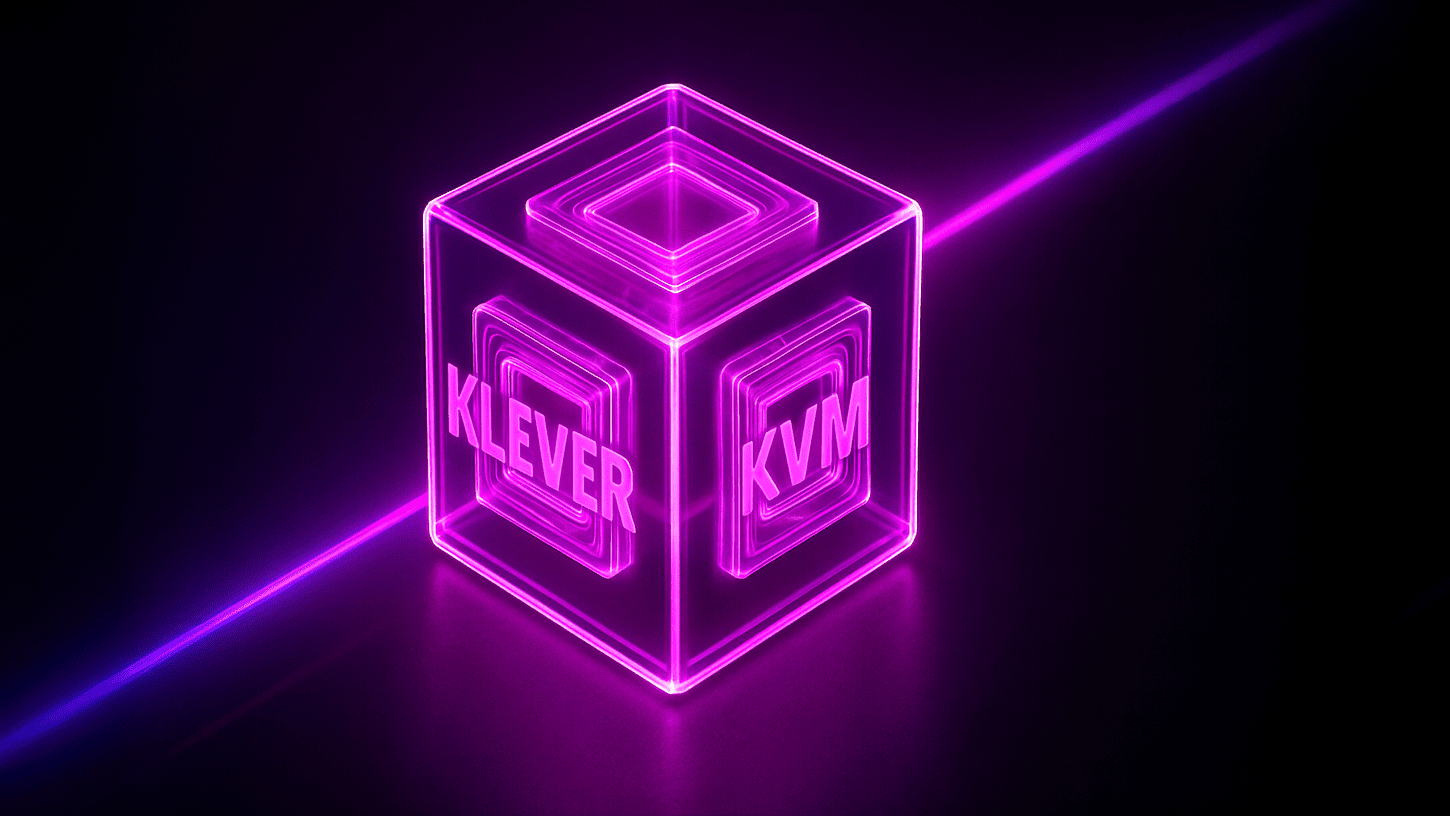Crypto Adoption Kicks Off in Rugby as VALR Partners with DHL Stormers

South Africa’s crypto and sporting landscapes are colliding in a landmark announcement: VALR, Africa’s largest crypto exchange by trade volume, has officially partnered with the DHL Stormers, the Western Cape’s iconic rugby team. This multi-year deal, running until August 31, 2028, positions VALR as the Official Crypto Exchange Partner of the Stormers, marking one of the most significant steps yet in bringing cryptocurrency into the mainstream through sports.
A Global Trend Lands in South Africa
The partnership reflects a broader global trend in which crypto brands and sports franchises team up to accelerate adoption, reach new audiences, and expand fan engagement. Much like the collaborations between major U.S. and European sports teams and blockchain companies, this alliance puts South Africa in the spotlight as a leader in the convergence of finance, technology, and sport.
By aligning with one of the country’s most celebrated rugby teams, VALR aims to broaden crypto accessibility beyond traders and tech enthusiasts, embedding it into cultural spaces where community, loyalty, and passion thrive.
What the Deal Covers
The scope of the partnership is extensive. VALR branding will feature prominently:
- On the front of the DHL Stormers’ official match and training kits.
- Across DHL Western Province Carling Currie Cup and age-group (U19, U20, U21) team kits.
- In the DHL Stadium itself, from pitch-side to fan areas.
- Within a VALR-branded VIP Suite, designed to host institutional clients and partners.
This visibility ensures VALR is not just a sponsor but a central part of the fan experience.
Fans at the Center of Innovation
For supporters, the partnership goes far beyond logos. VALR is introducing interactive campaigns designed to put crypto into fans’ hands:
- Team trading competitions mirror rugby rivalries.
- Crypto-based rewards programs offering exclusive prizes.
- Game-day activations where fans can win tickets, signed jerseys, and even meet the players.
- Community meetups to blend crypto education with sports fandom.
VALR Co-Founder and CEO Farzam Ehsani framed the partnership as part of a bigger mission:
“This collaboration accelerates crypto adoption across South Africa and the African continent as a whole, empowering fans with new and delightful experiences. We are committed to revolutionising the global financial system to reflect the oneness of humanity and truly serve the world.”
The Stormers’ Perspective
For the DHL Stormers, the partnership is both financially and culturally significant. Rugby is at the heart of Cape Town, and partnering with a proudly South African brand with global reach reinforces their mission to “Make Cape Town Smile.”
Stormers Rugby CEO Johan le Roux shared:
“It’s a privilege to collaborate with a South African company like VALR that is making waves globally. Together, we aim to take on the rugby world from the Mother City, while creating memorable experiences for our fans.”
About VALR
Founded in 2018, VALR has grown into Africa’s largest crypto exchange by trade volume, serving more than 1.5 million users worldwide and over 1,400 institutional clients. Based in Johannesburg, the exchange offers a wide suite of products:
- Simple Buy & Sell and advanced Spot, Margin, and Futures trading.
- Tokenised U.S. stocks.
- Lending, staking, and OTC trading.
- VALR Pay, enabling payments with crypto.
VALR is licensed by South Africa’s Financial Sector Conduct Authority (FSCA) and approved in Europe. In 2022, it raised $55 million in Africa’s largest crypto VC round, backed by investors including Pantera Capital, Coinbase Ventures, and Fidelity’s F-Prime.
Why It Matters
The partnership represents more than just sponsorship; it is a milestone in crypto adoption. Sports have always been a unifying force, and by embedding cryptocurrency into the rugby experience, VALR and the DHL Stormers are bridging the gap between emerging technologies and everyday culture.
For fans, it’s a chance to be rewarded in new ways. For VALR, it cements its role not just as an exchange, but as a cultural driver of South Africa’s future economy.






